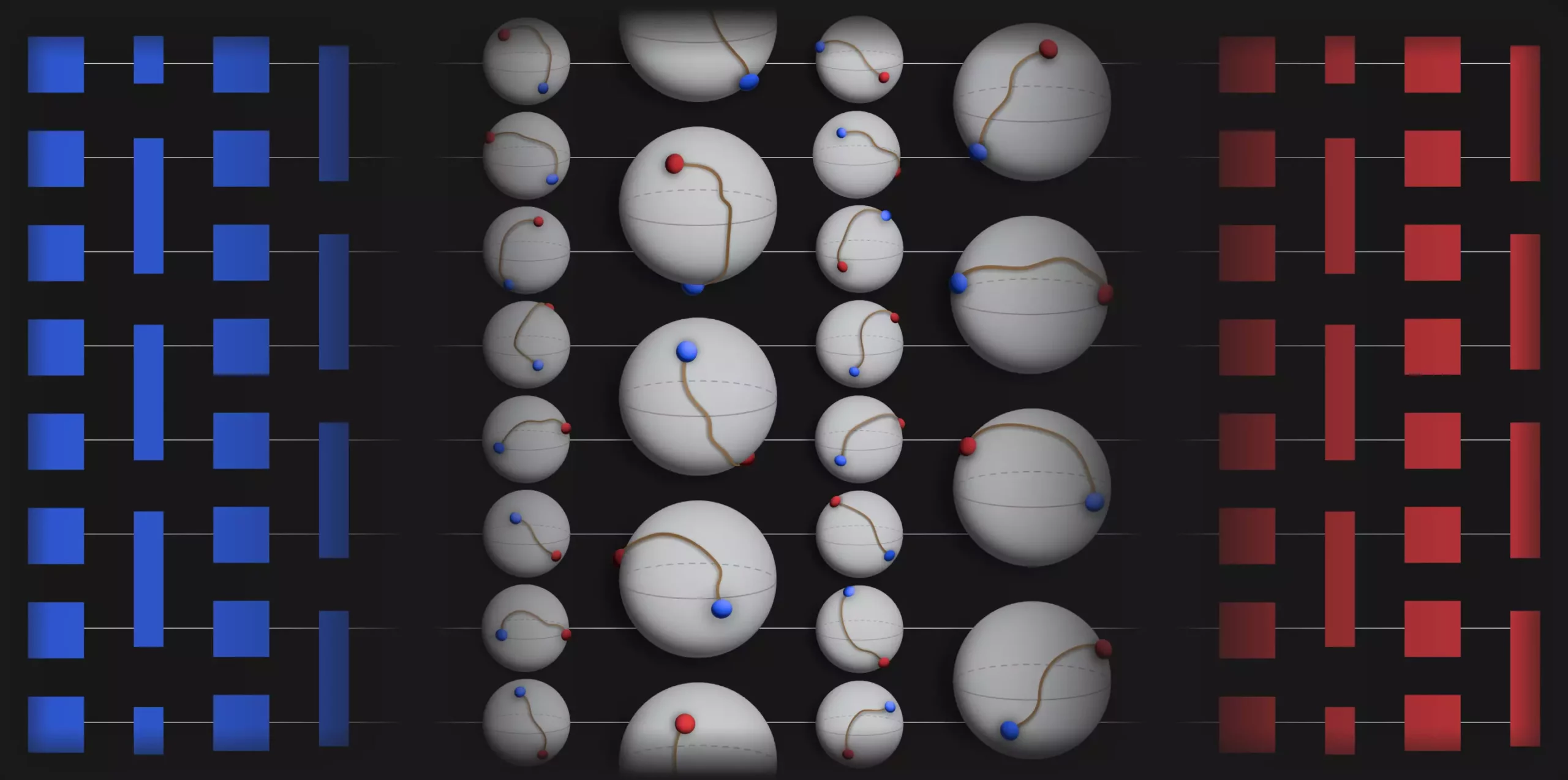Quantum computers, powered by the mind-bending principles of quantum mechanics, hold the tantalizing promise of surpassing classical computers in solving complex computational problems. Although some quantum computers have achieved remarkable results in specific tasks, their superiority over classical counterparts is yet to be decisively and consistently established. However, a groundbreaking theoretical study by Ramis Movassagh, a prominent researcher at Google Quantum AI, formerly associated with IBM Quantum, has set out to mathematically demonstrate the significant advantages of quantum computers. Published in Nature Physics, his paper sheds light on the immense computational challenges faced by classical computers when simulating random quantum circuits.
The Field of Quantum Computation
Exploring the question of whether quantum computers are exponentially more powerful than classical ones is a key puzzlement in the field of quantum computation. Known as the Quantum Supremacy Conjecture (renamed Quantum Primacy Conjecture), it has remained an open problem when it comes to rigorous mathematical establishment. In recent years, researchers have endeavored to establish the advantages of quantum computers through both theoretical and experimental studies. A crucial step towards mathematical demonstration lies in proving the onerousness with which classical computers achieve results that mirror those of quantum computers with high precision and minimal margins of error.
The Journey Towards Quantum Primacy
The quest for quantum primacy took an unexpected turn when Movassagh attended a talk at MIT in 2018. The lecture discussed a recent result that aimed to provide evidence for the computational hardness of Random Circuit Sampling (RCS). RCS involves sampling output from a random quantum circuit, a task proposed by Google as the leading contender for demonstrating quantum primacy. Intriguingly, Movassagh, despite having no prior experience in quantum complexity, found himself drawn to the topic. Inspired, he set out to work on finding a more elegant and direct proof for RCS.
A Paradigm Shift in Mathematical Proof
Movassagh’s mathematical proof diverged significantly from previous attempts. It hinged upon a novel set of mathematical techniques that collectively showcased the computational challenges experienced in both average and worst-case scenarios. The key to this breakthrough was the introduction of the Cayley path, a low-degree algebraic function that offered a path to interpolate between arbitrary circuits, enabling the demonstration of equivalence between average-case and worst-case complexity. In contrast to earlier proofs, which relied on approximations and introduced unnecessary errors, Movassagh’s approach removed these pitfalls and allowed for explicit bounds on errors, ensuring quantifiable robustness.
Unraveling the Potential of Quantum Computers
Since Movassagh’s initial breakthrough, his proof has undergone rigorous testing and further refinement by his research group and other teams. As a result, the proof’s robustness has been improved, opening avenues for additional studies to enhance it or exploit its potential in showcasing the prowess of quantum computers. The direct proofs of quantum circuit output probability estimation hardness presented by Movassagh constitute significant computational barriers for classical simulation of quantum circuits. Moreover, the introduced techniques, such as the Cayley path and rational function version of Berlekemp-Welch, have garnered independent interest in quantum cryptography, computation and complexity, and coding theory. These advancements represent the most promising path forward in eventual refutation of the Extended-Church Turing Thesis, a pivotal objective in quantum complexity theory.
Future Prospects and Beyond
Movassagh’s recent work represents a milestone in ongoing research focused on exploring the advantages of quantum computers over classical systems. In his upcoming studies, he aims to expand upon his current proof, seeking to mathematically demonstrate the vast potential of quantum computers in tackling specific problems. This work will serve as a crucial bridge towards understanding the intractability of quantum systems, paving the way for applications in quantum cryptography and other fields. Ultimately, Movassagh envisions his research culminating in the refutation of the Quantum Primacy Conjecture and proving the falsity of the Extended Church-Turing Thesis.
While quantum computers have yet to definitively establish their superiority over classical computers, Movassagh’s groundbreaking study offers a glimmer of hope and insight into their immense potential. By peering into the intricate world of quantum computation and unveiling the challenges that lie therein, researchers inch closer to harnessing the extraordinary power of quantum computers – bringing us one step closer to a new era of computation.


Leave a Reply